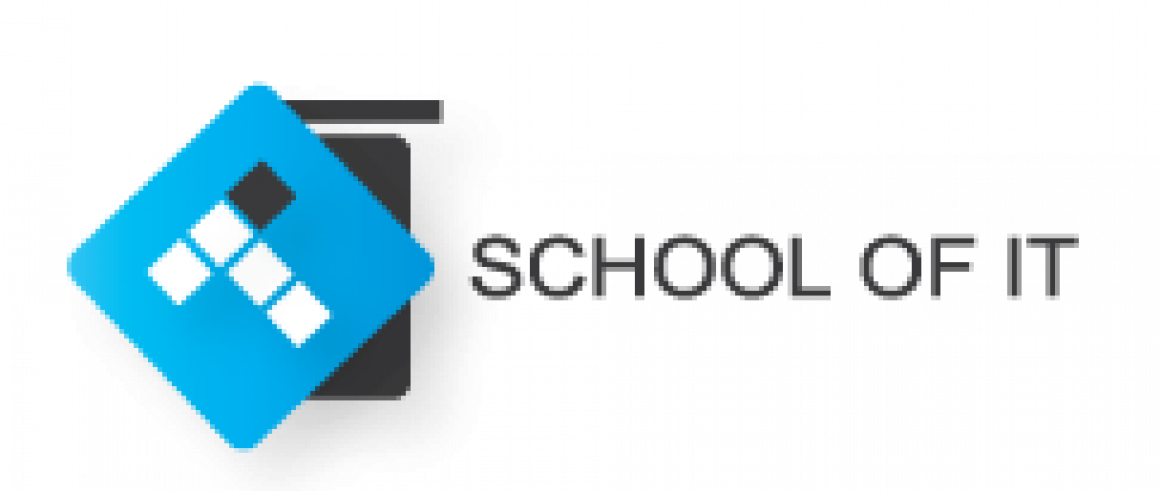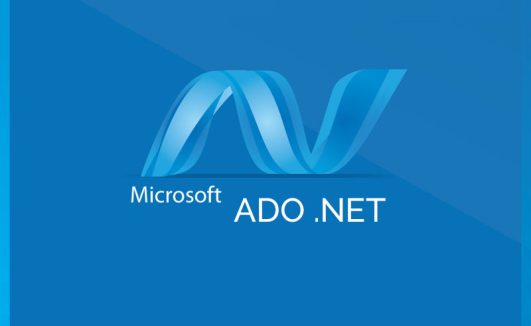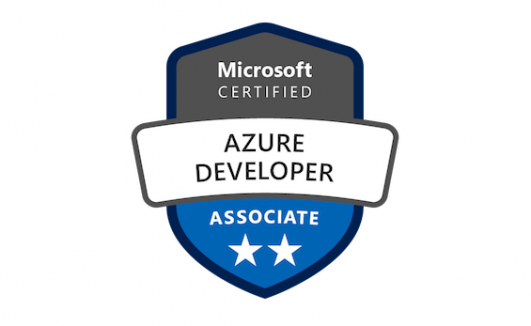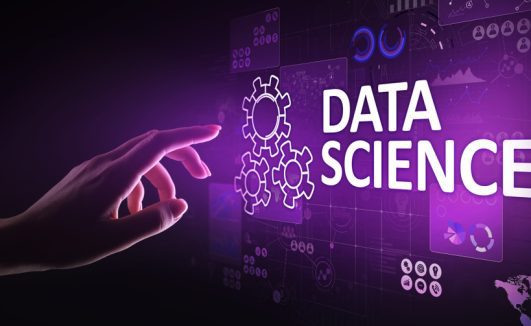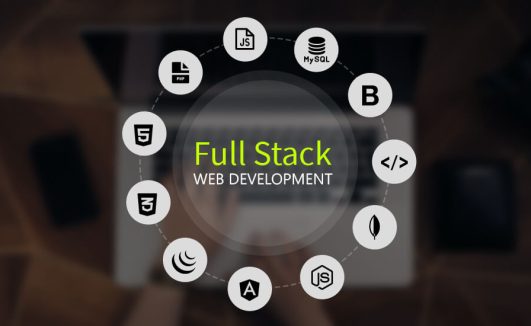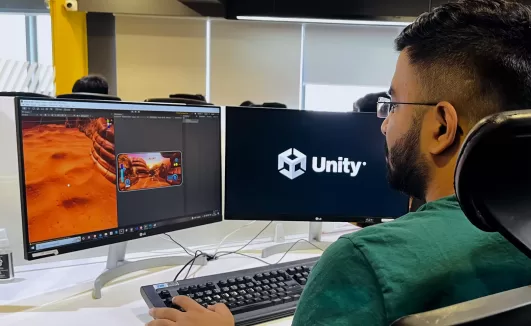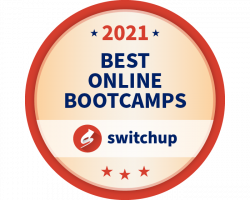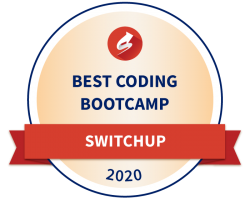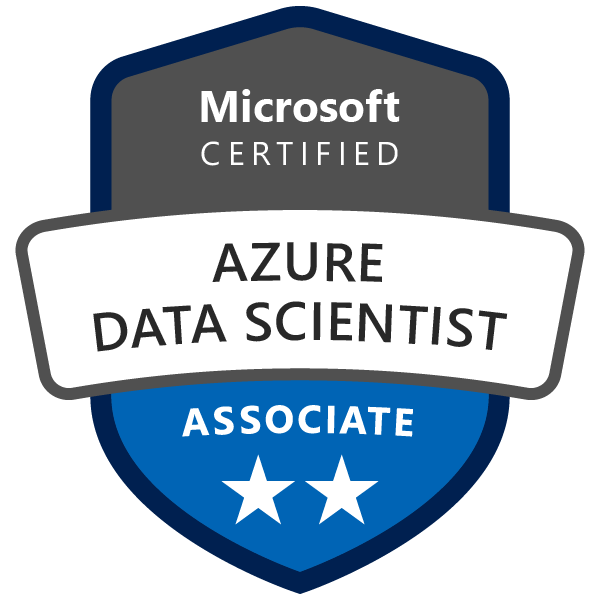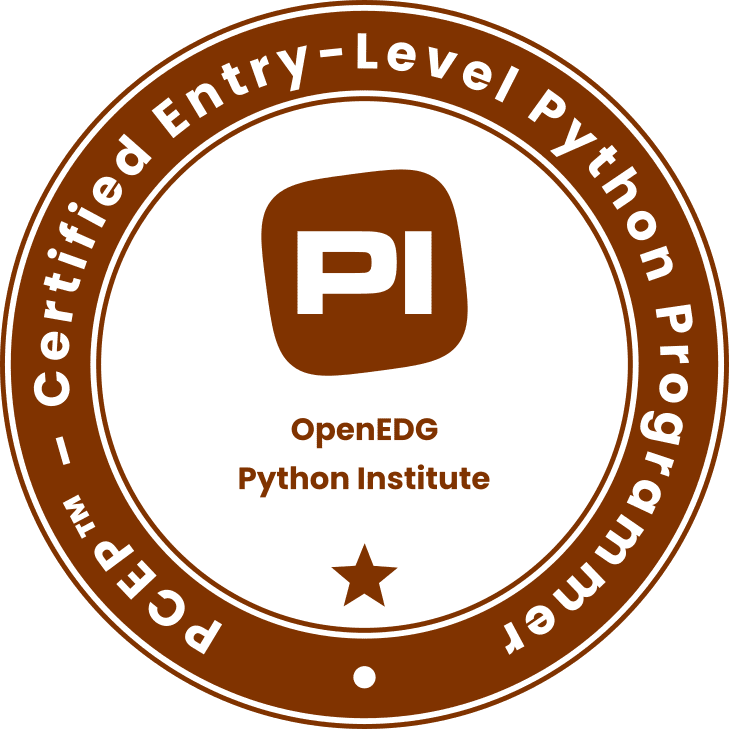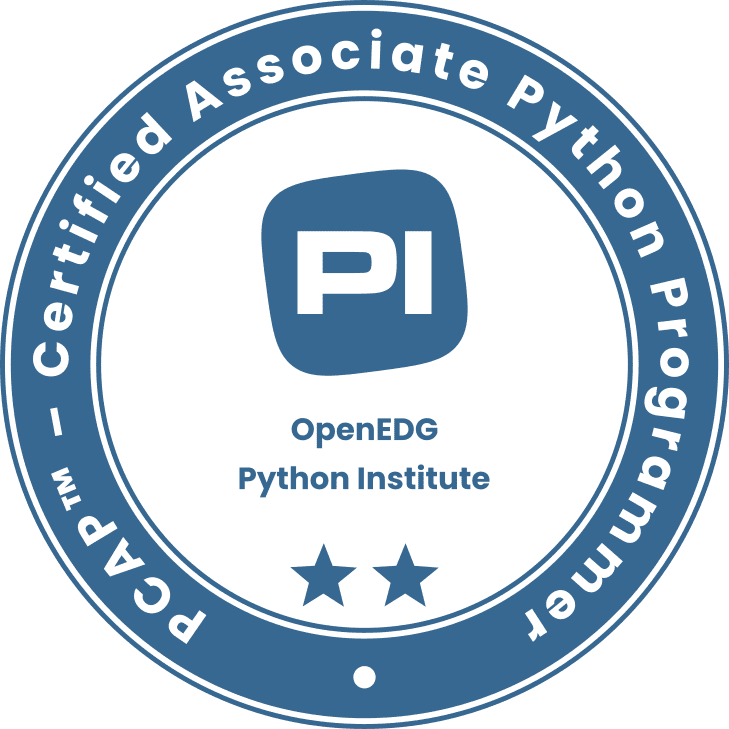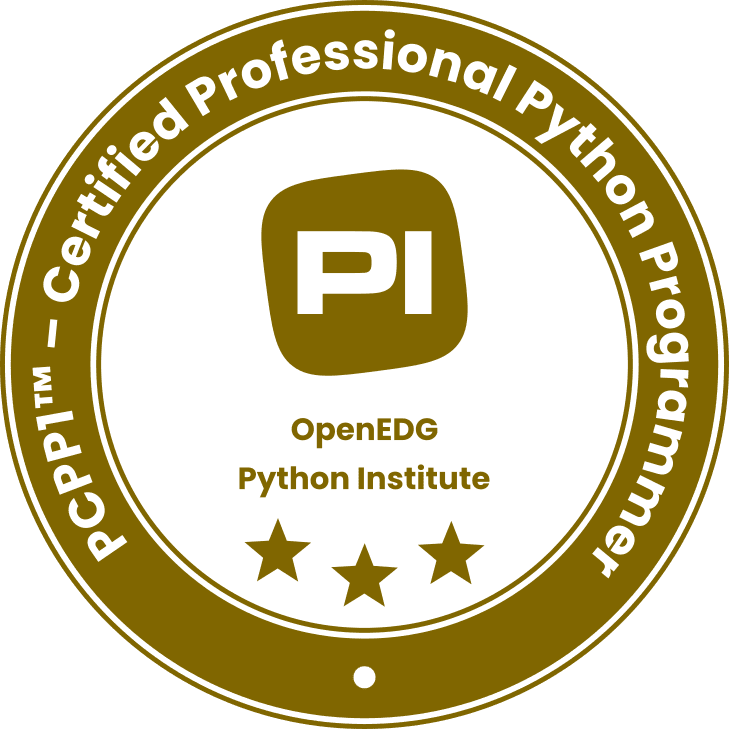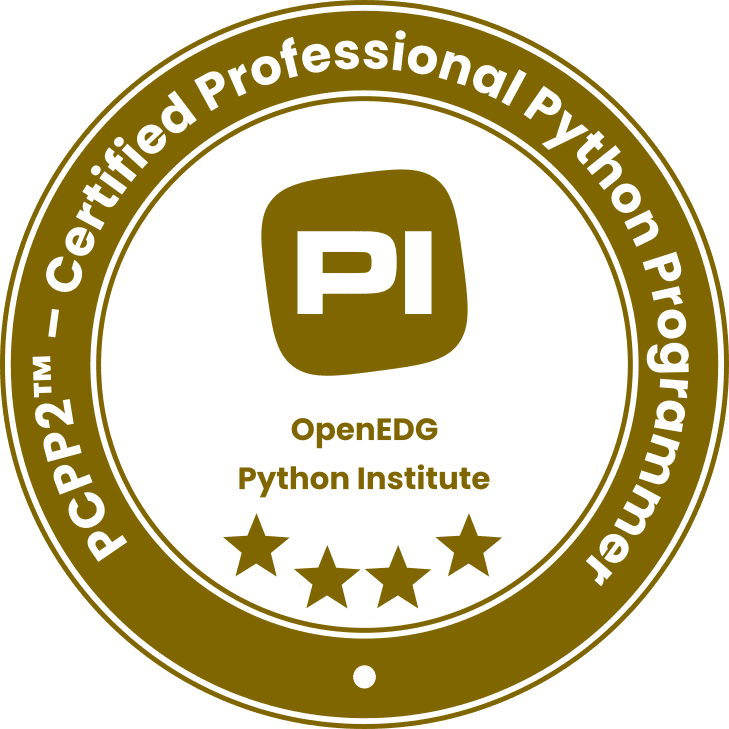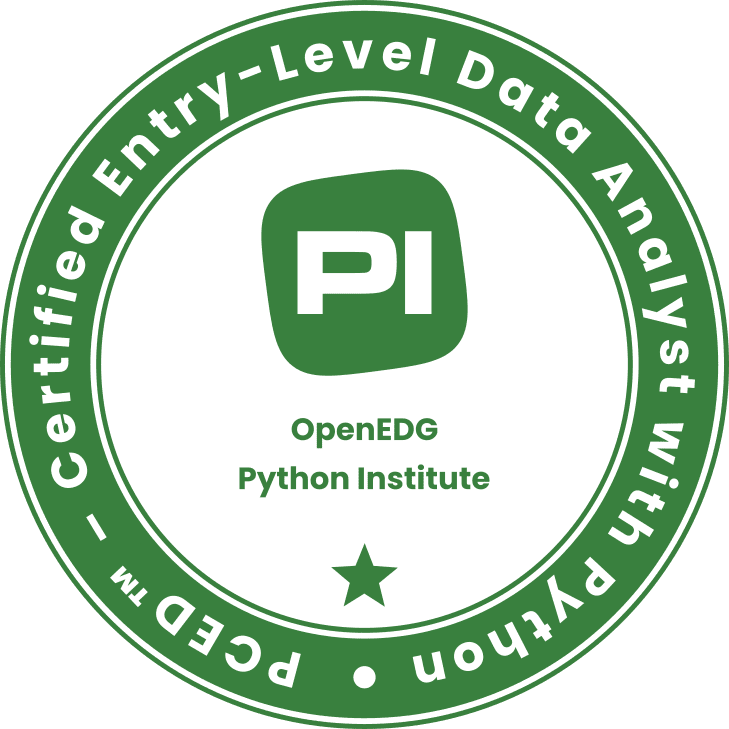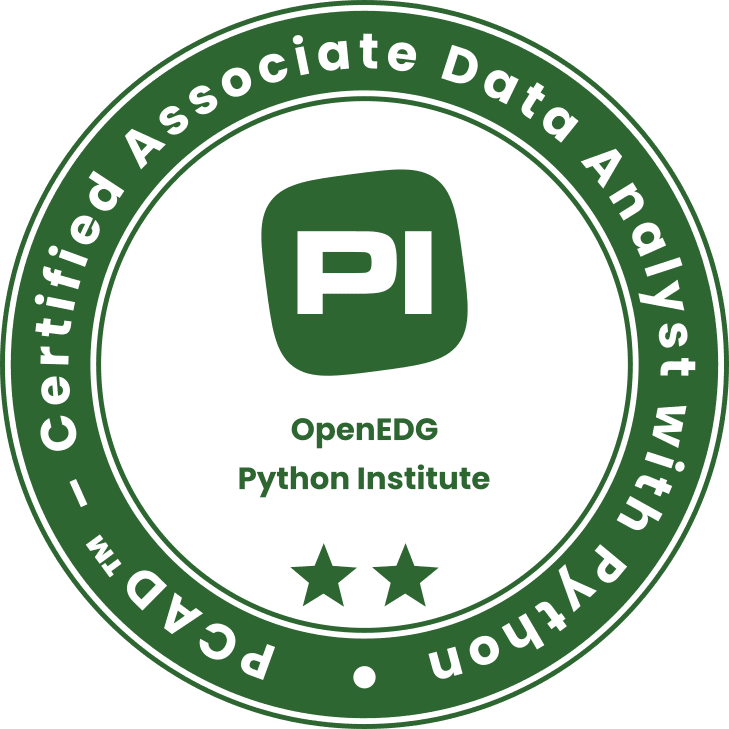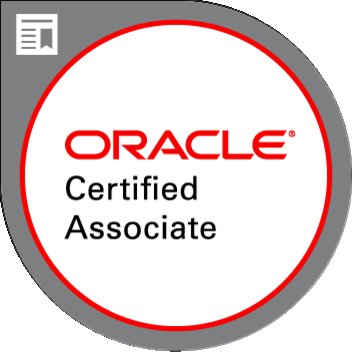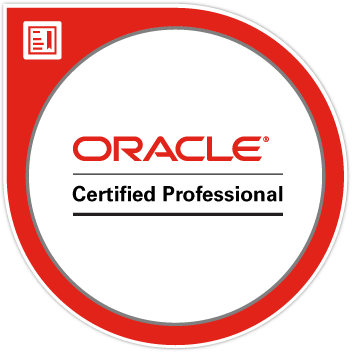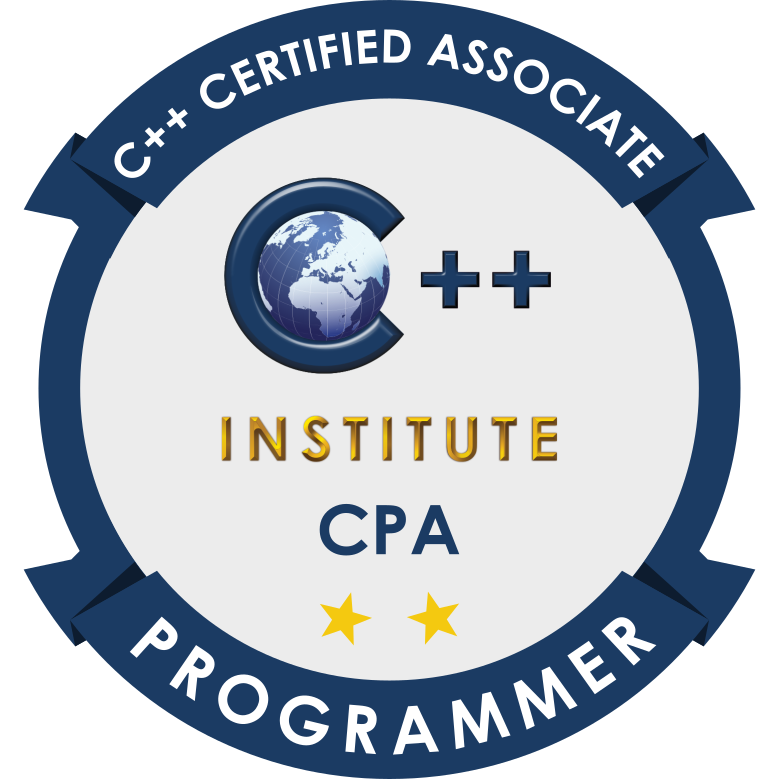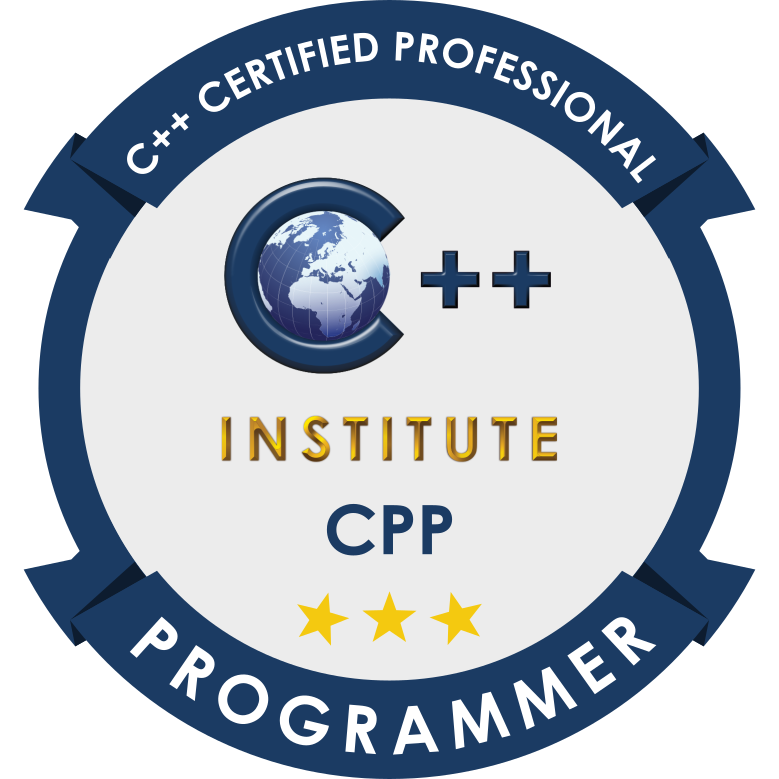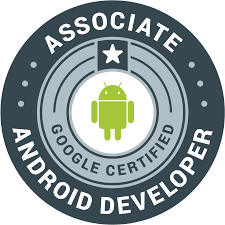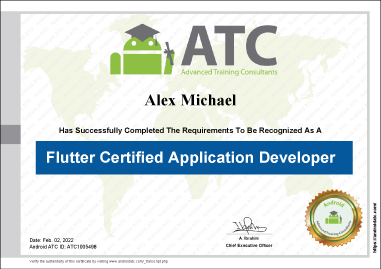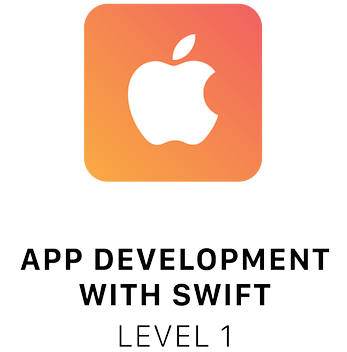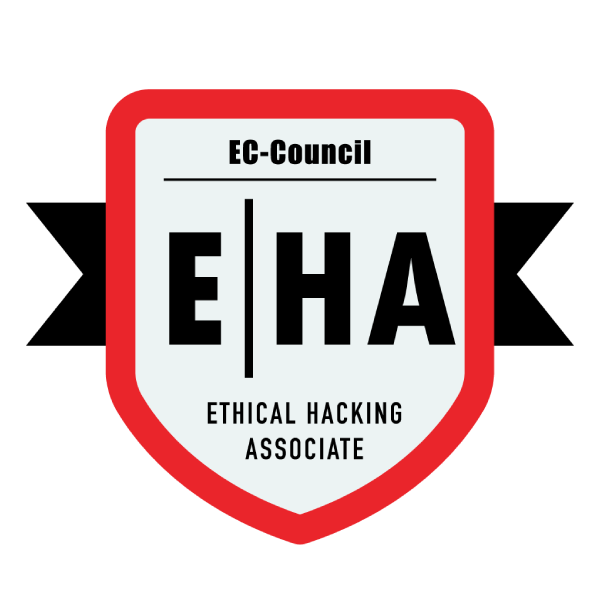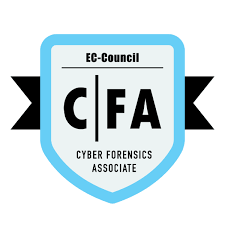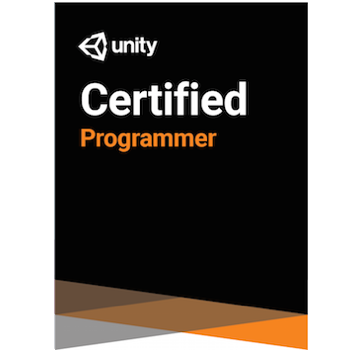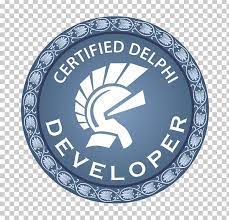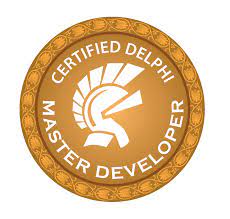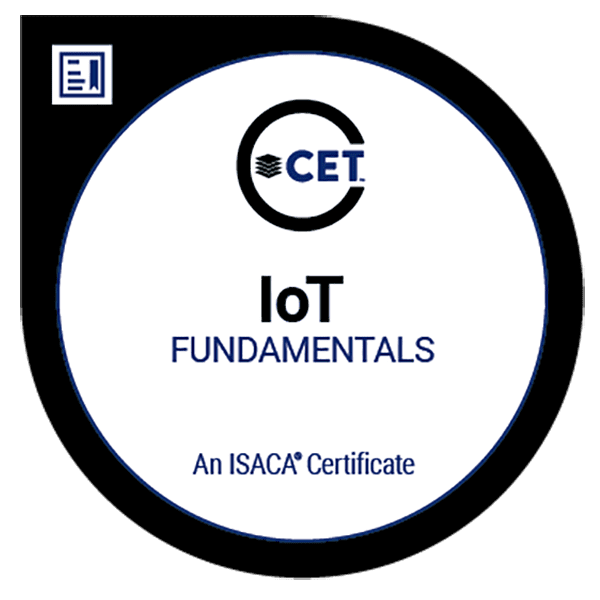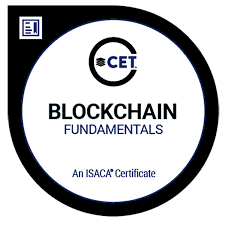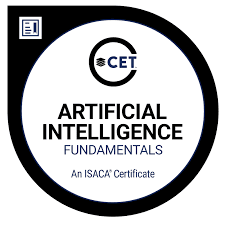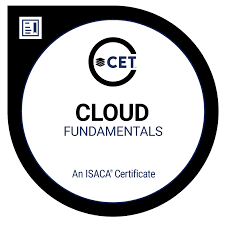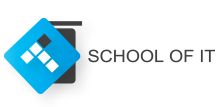C# Courses
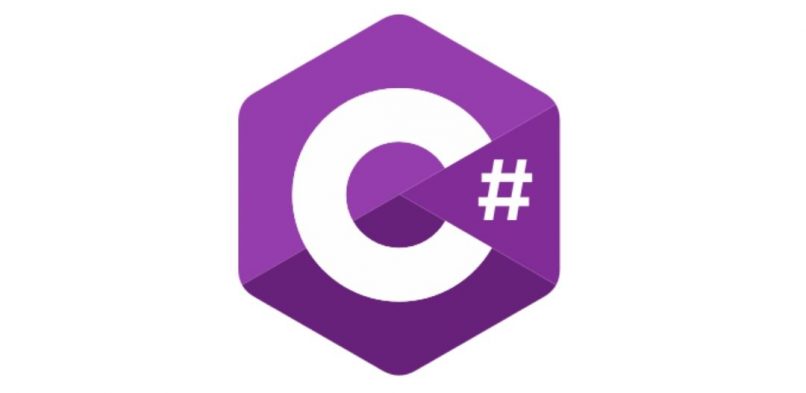
C# Courses
August 13, 2023 No Comments on C# Courses
Get Internationally Accredited & Recognized
C# Courses
Questions to ask yourself about the C# Courses.
Is C# programming in demand? – Yes very HIGHLY. There’s a real shortage of C# developers in the workplace. Thus creating a massive demand for our C# courses. The top 3 jobs in South Africa today is software development (C#). C# is among the most in-demand programming languages on the job market, depending on whose numbers you look at. The C# programming language has been around for nearly 21 years!
Is what I learn relevant and of value? – Most definitely and it’s current, up to date IDE’s (Visual Studio) and tools. Furthermore you learn from experienced C# developers/lecturers and strong C# content.
Can I get a job as a C# developer after? – Definitely yes, get a job easier by getting Internationally accredited and recognized by writing your Microsoft exam/s.
Why learn CSharp?
C# is a modern object-oriented programming language developed in 2000 by Anders Hejlsberg at Microsoft as a rival to Java (which it is quite similar to). It was created because Sun, (later bought by Oracle) did not want Microsoft to make changes to Java, so Microsoft chose to create their own language instead.Thus at School of IT the C# programming course is designed for you to learn C# practically by building a practical portfolio of relevant industry projects. At School of it we offer:
- An intro C# course (for the fundamentals),
- An advanced C# course (more intermediate and advanced C# concepts),
- A Software Development course in C# (which includes intro, intermediate and advanced C# concepts).
- Software Engineering course in C# and 1 other programming language (which includes intro, intermediate and advanced of the 2 programming languages).
Learn CSharp anytime, anywhere!
Overall learn C# anytime and anywhere. We have 3 training options and we have award-winning coding courses. In turn identify and implement client side and integration technologies. Thus learn how to create and manage your own C# applications.
Part-Time
Fast forward your career in the IT industry with a part-time C# courses at School of IT. All in all the Part-time courses allow working professionals to transition into a new skill set while working. In turn at School of IT we are agile and can customize a C# course to the individual. Start anytime and choose your hours!
Full Time
Are you ready to start a career in IT? In turn learn to code in C# as a full time student at School of IT. Thus beginning your career as a C# developer. Start anytime and manage your own contact hours with your mentor!
High School
In addition prepare for the future by learn to code in C# while you’re still in high school. Have the option to get internationally accredited and recognized before you even finish school!
Corporate
All in all upskill yourself or your company by learning to code while you’re working. Thus no matter where you are, you can upskill yourself and get internationally accredited and recognized in under 6 months!
Here's a course syllabus for a 20-hour introductory C# programming course:
Course Overview
This 20-hour course is designed to introduce beginners to C# programming.
| Class | Topic |
| 1 | Introduction to C# and .NET Framework |
| 2 | Variables and Data Types |
| 3 | Operators and Expressions |
| 4 | Control Statements |
| 5 | Arrays and Collections |
| 6 | Methods and Functions |
| 7 | Classes and Objects |
| 8 | Inheritance and Polymorphism |
| 9 | Interfaces and Abstract Classes |
| 10 | Exception Handling |
| 11 | File I/O and Serialization |
| 12 | GUI Programming with Windows Forms |
| 13 | Final Project |
Class 1: Introduction to C# and .NET Framework
Objectives- Understand the basic syntax of C#
- Understand the .NET Framework
- Understand how to create a simple C# program
- Understand the Visual Studio IDE
- Introduction to C# and .NET Framework
- Installing Visual Studio
- Creating a new project
- Writing and executing a simple C# program
- Visual Studio IDE overview
Class 2: Variables and Data Types
Objectives- Understand variables and data types in C#
- Understand how to declare and initialize variables
- Understand the differences between value types and reference types
- Variables and data types
- Declaring and initializing variables
- Value types and reference types
- Converting between data types
Class 3: Operators and Expressions
Objectives- Understand operators and expressions in C#
- Understand how to use arithmetic, comparison, and logical operators
- Understand the order of operations
- Operators and expressions
- Arithmetic operators
- Comparison operators
- Logical operators
- Order of operations
Class 4: Control Statements
Objectives- Understand control statements in C#
- Understand how to use if/else statements
- Understand how to use switch statements
- Understand how to use while, do-while, and for loops
- Control statements
- If/else statements
- Switch statements
- While loops
- Do-while loops
- For loops
Class 5: Arrays and Collections
Objectives- Understand arrays and collections in C#
- Understand how to create and use arrays
- Understand how to create and use lists and dictionaries
- Arrays and collections
- Creating and using arrays
- Creating and using lists
- Creating and using dictionaries
Class 6: Methods and Functions
Objectives- Understand methods and functions in C#
- Understand how to create and use methods
- Understand how to use parameters and return values
- Methods and functions
- Creating and using methods
- Parameters and return values
Class 7: Classes and Objects
Objectives- Understand classes and objects in C#
- Understand how to create classes and objects
- Understand how to use constructors and properties
- Classes and objects
- Creating and using classes
- Constructors and properties
Class 8: Inheritance and Polymorphism
Objectives- Understand inheritance and polymorphism in C#
- Understand how to use inheritance to create derived classes
- Understand how to use polymorphism to call methods on derived classes
- Inheritance and polymorphism
- Creating derived classes
- Calling methods on derived classes
Class 9: Interfaces and Abstract Classes
Objectives- Understand interfaces and abstract classes in C#
- Understand how to use interfaces to define common behavior
- Understand how to use abstract classes to provide a partial implementation
- Interfaces and abstract classes overview
- Interfaces
- Defining interfaces
- Implementing interfaces in classes
- Using interfaces to achieve polymorphism
- Abstract classes
- Defining abstract classes
- Implementing abstract classes in derived classes
- Providing partial implementation in abstract classes
- Comparing and contrasting interfaces and abstract classes
- Best practices for using interfaces and abstract classes
Class 10: Exception Handling
Objectives- Understand what exceptions are and why they occur
- Understand how to handle exceptions in C# using try-catch blocks
- Understand how to throw and catch custom exceptions
- Exceptions overview
- What are exceptions?
- Why do exceptions occur?
- Types of exceptions
- Handling exceptions with try-catch blocks
- Syntax of try-catch blocks
- Handling multiple exceptions
- Throwing and catching custom exceptions
- Creating custom exception classes
- Throwing exceptions with the throw keyword
- Catching and handling custom exceptions
- Best practices for handling exceptions in C#
Class 11: File I/O and Serialization
Objectives- Understand how to read from and write to files in C#
- Understand how to use serialization to convert objects into a format that can be stored and transported
- File I/O overview
- Reading from files using StreamReader
- Writing to files using StreamWriter
- Using File and FileInfo classes
- Serialization overview
- What is serialization?
- Why use serialization?
- Serialization formats (JSON, XML, Binary)
Class 12: GUI Programming with Windows Forms
Objectives- Understand how to create Windows Forms applications in C#
- Understand how to design and layout forms using the Visual Studio designer
- Understand how to handle events in Windows Forms applications
- Introduction to Windows Forms
- What is Windows Forms?
- Why use Windows Forms?
- Creating a new Windows Forms project
- Designing forms using the Visual Studio designer
- Adding and configuring controls
- Layout and alignment
- Using container controls
- Handling events in Windows Forms applications
- Event-driven programming
- Common events and event handlers
- Best practices for Windows Forms development in C#
Class 13: Final Project with Intro to C#
Objectives- Apply the concepts and skills learned in the previous classes to a final project
- Practice good programming practices such as planning, documentation, and testing
- Develop a small-scale application using C#
Note: The above syllabus is tentative and may be modified as per the instructor's discretion.
Here is a course syllabus for a 20-hour advanced C# programming course:
Course Overview
This 20-hour course is designed for students who already have a solid understanding of c# programming and want to take their skills to the next level. By the end of this course, students will be able to write complex programs and understand key concepts such as object-oriented programming, advanced data structures, and algorithms.
| Class | Topic |
|---|---|
| 1 | Introduction to Advanced C# Programming |
| 2 | Object-Oriented Programming in C# |
| 3 | Exception Handling |
| 4 | Delegates, Events and Lambda Expressions |
| 5 | LINQ and Collections |
| 6 | Multithreading and Concurrency |
| 7 | Asynchronous Programming |
| 8 | Reflection and Attributes |
| 9 | Generics |
| 10 | Advanced Topics in C# |
| 11 | Project Implementation |
| 12 | Project Presentation and Review |
Class 1: Introduction to Advanced C# Programming
- Introduction to course and course objectives
- Overview of advanced C# programming concepts
- C# data types, control structures and functions
- Classes and objects in C#
Class 2: Object-Oriented Programming in C#
- Overview of object-oriented programming
- Classes and objects in C#
- Inheritance and polymorphism
- Interfaces and abstract classes
Class 3: Exception Handling
- Overview of exception handling
- Handling exceptions in C#
- Custom exceptions
- Exception logging and debugging
Class 4: Delegates, Events and Lambda Expressions
- Delegates in C#
- Events in C#
- Lambda expressions and anonymous methods
Class 5: LINQ and Collections
- Introduction to collections in C#
- Arrays, lists, dictionaries and sets
- Introduction to LINQ
- Querying collections using LINQ
Class 6: Multithreading and Concurrency
- Introduction to multithreading
- Synchronization and thread safety
- Thread pools and task parallelism
- Deadlocks and race conditions
Class 7: Asynchronous Programming
- Overview of asynchronous programming
- Asynchronous programming using async/await
- Asynchronous programming using Task Parallel Library
- Handling exceptions in asynchronous programming
Class 8: Reflection and Attributes
- Overview of reflection
- Reflection in C#
- Attributes in C#
- Creating custom attributes
Class 9: Generics
- Introduction to generics
- Generic classes and methods
- Generic constraints and interfaces
- Covariance and contravariance in generics
Class 10: Advanced Topics in C#
- Advanced topics in C# including garbage collection, unsafe code and P/Invoke
- Interoperability with other languages
- .NET Core and .NET Standard
- Overview of .NET 5
Class 11: Project Implementation
- Implementation of a C# project based on course topics
- Use of source control and project management tools
- Collaboration and code review best practices
Class 12: Project Presentation and Review
- Presentation of the project to the class
- Review and feedback on the project
- Course review and feedback
Note: The above syllabus is tentative and may be modified as per the instructor's discretion.
By the end of the Software Development course students will have usable knowledge of the following:
- Intro C# Course objectives.
- Intermediate C# Course objectives.
- Advanced C# Course objectives.
- Project & test.
Note: The above syllabus is tentative and may be modified as per the instructor's discretion.
By the end of the Software Engineering course (C# + 1 other programming language of choice), students will have usable knowledge of the following:
- Intro C# Course objectives.
- Intermediate C# Course objectives.
- Advanced C# Course objectives.
- Project & test.
- Intro of programming language 2 (your choice) fundamentals
- Intermediate programming language 2.
- Advanced programming language 2 objectives.
- Project & test.
Note: The above syllabus is tentative and may be modified as per the instructor's discretion.
- An Intro to programming course price is R13900 for 20 hours.
- Advanced programming course price is R15900 for 20 hours.
- A Software Development course price is R28800 for 2 months/40 hours.
- A Software Engineering course price is R43600 for 4 months/80 hours.
- An App development course with C#, price is R28800 for 2 months/40 hours.
- A Software testing course with c# and selenium, price is R28800 for 2 months/40 hours.
Prerequisites
No prior requirements needed, maths is recommended.Who Should Attend this Programming Training Course?
The intro course is intended for programmers who need to write or maintain scripts in c#. These courses are suitable for beginner programmers who may have little, to no in-depth knowledge of programming. All the programming courses start from beginner level (accept the advanced c# course)Csharp Programming Course Overview
C# is a modern object-oriented programming language developed in 2000 by Anders Hejlsberg at Microsoft as a rival to Java (which it is quite similar to). It was created because Sun, (later bought by Oracle) did not want Microsoft to make changes to Java, so Microsoft chose to create their own language instead.What's included in this Programming Training Course?
Courseware- Ebooks
- Professional notes
- IDE - Visual Studio or lastest ide
- International exam resources and how to book the international exam/s.
- Interactive software
- Proposed Schedule
Job Opportunities
The career prospects for C# programmers are excellent and high in demand. C# is everywhere: on all platforms and devices and in all countries around the world!
